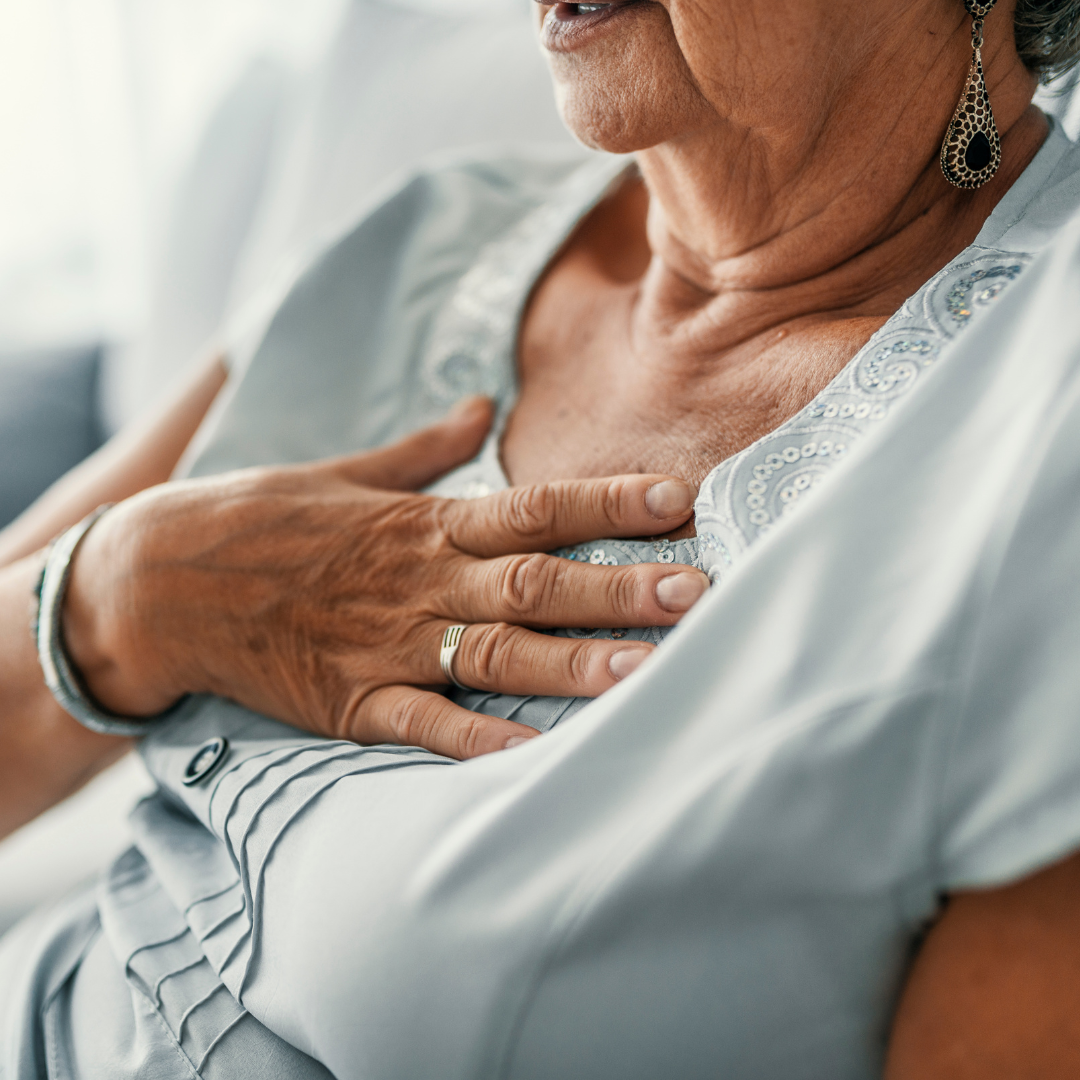At CTVS, our thoracic surgeons treat conditions affecting the esophagus including the most serious issue – esophageal cancer – and benign foregut disease like acid reflux (or GERD) and achalasia.
What is GERD?
GERD stands for gastroesophageal reflux disease, or more commonly acid reflux, and refers to the occurrence of stomach acid routinely flowing backwards up into the esophagus from the stomach. If it happens often, the stomach acid can irritate the esophagus and lead to painful and chronic heartburn.
To diagnose GERD, one of the following diagnostic studies may be ordered:
- Barium esophagram: an illuminating liquid helps to X-ray the esophagus lining
- 24-hour pH probe testing: a thin tube with sensors is inserted into the nose to read the acid level in the esophagus
- Endoscopy: a thin scope is inserted into the throat to check for signs of acid reflux damage
What is achalasia?
In contrast to GERD where acid travels from down in the stomach back up through the esophagus, with achalasia, food and liquid are unable to pass down the esophagus into the stomach. This is due to nerve or muscle damage in the esophagus making it difficult to swallow and move the food downwards. Food and liquid can get uncomfortably lodged in the throat causing choking, an unpleasant taste, burping, heartburn or chest pains.
In extreme cases, achalasia can lead to severe weight loss from poor eating and malnutrition.
Achalasia is typically diagnosed with a test known as a manometry which measures muscle pressure in the esophagus when you swallow.
What minimally invasive procedures does CTVS offer for GERD and achalasia?
Both GERD and achalasia are treatable, and experts agree that both conditions are best addressed by a skilled thoracic surgeon who has extensive training in esophageal surgery and is comfortable managing challenging issues.
CTVS thoracic surgeon Dr. Rachel Medbery explains that “as experienced surgeons, we provide excellent outcomes for patients suffering from chronic GERD and achalasia symptoms and can perform complex redo anti-reflux surgery via the abdomen or the chest for those who have a failed prior surgery.”
For GERD that is not effectively managed by medications, we offer fundoplication surgery. In a fundoplication procedure, tissue from the upper stomach is pulled up and wrapped around the lower esophagus, limiting the amount of acid that enters the esophagus and reducing chronic irritation.
The surgical procedure to treat achalasia is known as a robotic-assisted heller myotomy, which involves cutting muscles of the lower esophageal that may be weak and preventing proper swallowing to allow food to pass directly into the stomach.
Most procedures can be done robotically with only 1-2 days stay in the hospital and with minimal downtown. Patients will be on a soft diet for 2 weeks after surgery and can usually resume regular foods after this point assuming recovery has been uneventful.
For questions about any of our thoracic, vascular, or cardiac services, please visit ctvstexas.com or call us at (512) 459-8753 to schedule an appointment.
Don’t forget to follow us on Facebook and Instagram and check our blog for regular updates.

